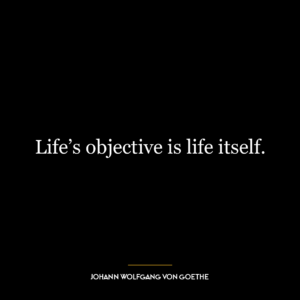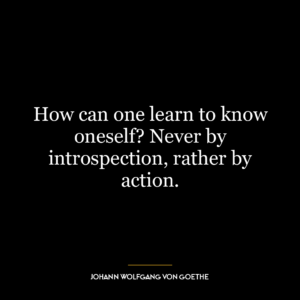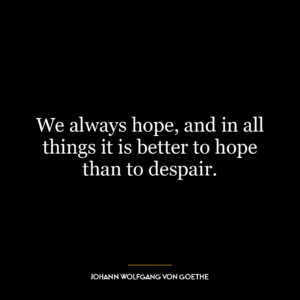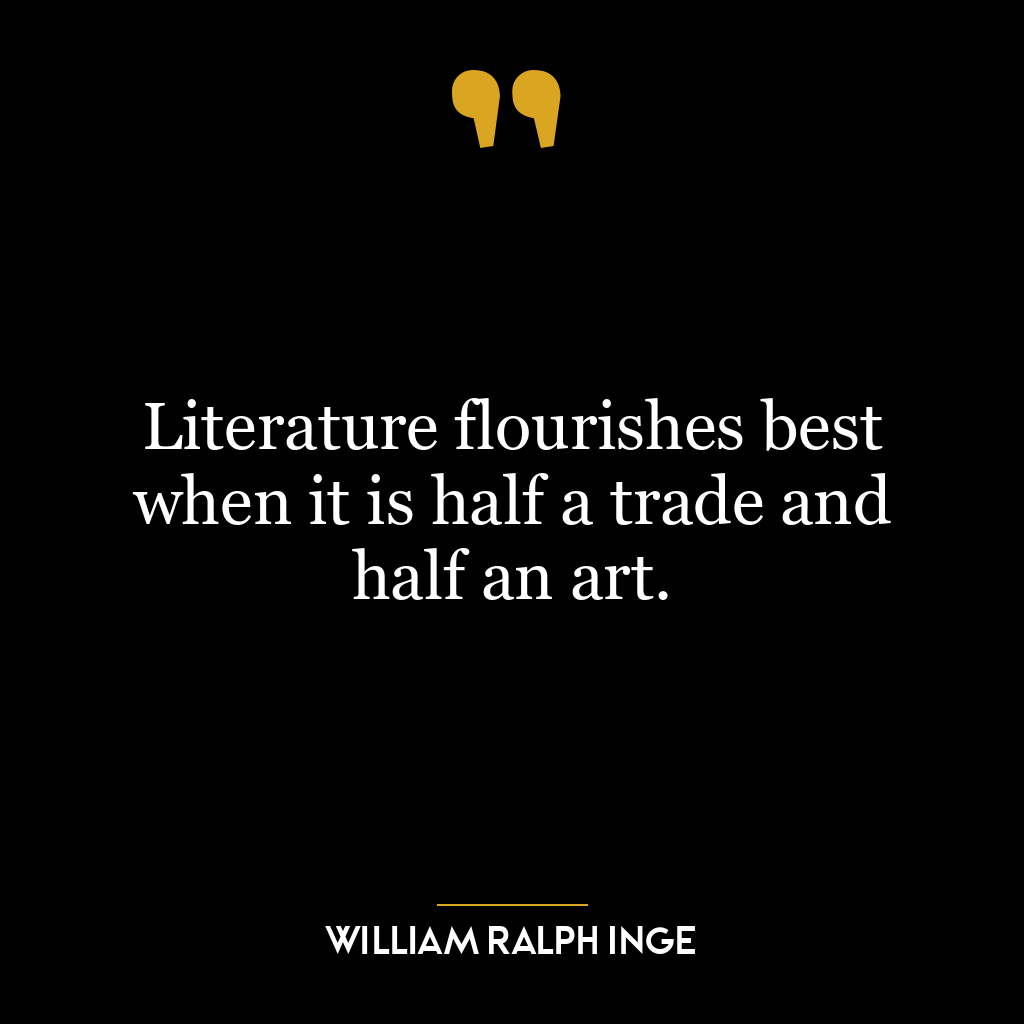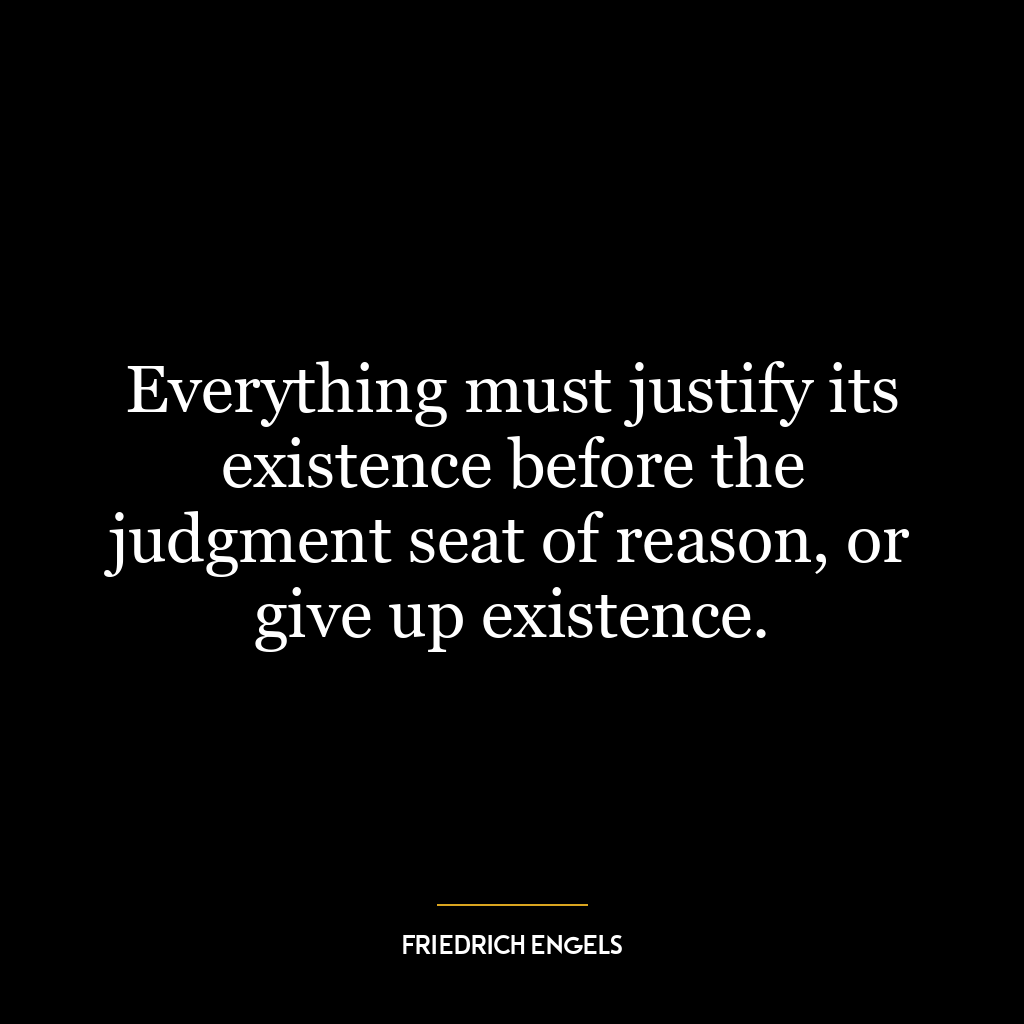This quote suggests that the existence of negative forces, symbolized by ‘devils’, implies the existence of positive forces, or ‘angels’. It’s a reflection on the concept of duality, the idea that everything has an opposite and that these opposites are interconnected and interdependent. The quote suggests that good cannot exist without evil, and vice versa. This perspective can be seen as a form of philosophical optimism, suggesting that even in the presence of evil, there is always a counterbalancing force of good.
Applying this concept to today’s world, one might suggest that the various challenges and crises we face, from political conflicts to environmental issues, are balanced by the existence of solutions and opportunities. For example, while climate change is a significant global issue, the efforts to combat it have led to advancements in renewable energy technologies, which could be seen as the ‘angels’ in this scenario.
In terms of personal development, this quote could be interpreted to mean that our personal ‘devils’ or challenges are balanced by our strengths and virtues, our ‘angels’. For instance, someone’s struggle with a particular issue might lead them to develop resilience, empathy, or other positive qualities. This perspective encourages us to view our challenges not just as problems, but as opportunities for growth and development. It suggests that every negative experience has a potential positive counterpart, and that by acknowledging and confronting our ‘devils’, we can discover and cultivate our ‘angels’.





